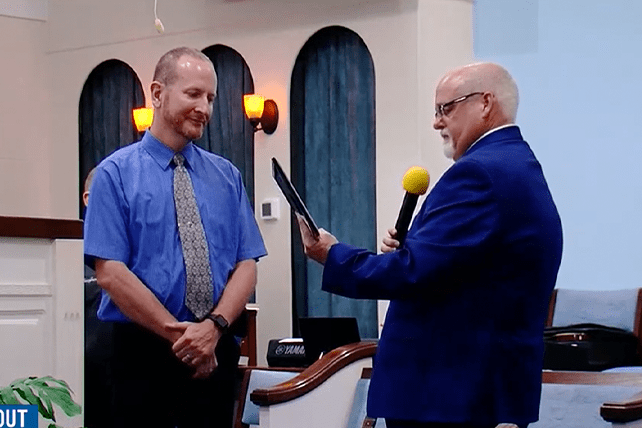How many non-givers attend your church? Too many. Am I right? But seriously, have you ever analyzed this metric? Evaluating your church membership or active database for non-givers can be very revealing. In a typical church, about 37% of attendees don’t give at all. This is the overall average across all denominations (and non-denominations). If your church has a higher percentage of “church” people, the percentage might be slightly lower, but I doubt it. If we hope to grow disciples, we must inspire generosity journey. This begins with the non-givers in our midst.
When I was a lead pastor, our church was filled with formerly de-churched and unchurched people. The percentage of non-givers in our active database was much higher than 37%.
Whether it’s 20% or 60%, the number is too high.
Generosity fuels your church, but more importantly, it’s essential for a growing faith relationship with Jesus.
How to Inspire Generosity in Your Church
It’s not as easy as it was in the past. When Christianity and the church were cultural norms, Christ-like behaviors such as giving were more prominent and expected. To engage people along a generosity journey in today’s cultural climate, we must rethink our approach. Yes, we’ll retain some previous strategies, but we must adopt new methods.
Here are eight ways to inspire generosity, especially among non-givers:
1. Celebrate Life Change (and Connect the Dots)
The best way to inspire action is to celebrate the results. When it comes to giving, people are more inclined to participate when the impact feels tangible and achievable. Real stories of how giving changed the lives of both the receiver and the giver make a significant difference.
2. Simplify the Process
Gone are the days of mailing “tithing envelopes” to the congregation. Today, we must provide clear, step-by-step instructions on how to give, both online and in person. This should include as many digital giving options as possible (e.g., church website, mobile app, text-to-give).
3. Offer Financial Education
Provide financial stewardship workshops or classes to help congregants manage their finances and understand the role of giving within their financial planning. Most people would benefit from a financial mentor. Why not position our churches in this needed space?
These first three aren’t all that new. The rest of this list may offer some new ideas:




 Do you desire to be a
Do you desire to be a 




 In our fast-paced, technology-driven world, the art of cultivating deep, meaningful friendships seems to be gradually fading into the background. Yet, the essence of human connection, the very fabric that holds our societal structure together, calls for a revival of this lost art. The journey toward building significant relationships is a marathon, not a sprint, marked by the investment of time, emotional energy, and genuine effort. The reward, however, is the creation of bonds that provide support, understanding, and joy throughout life’s myriad phases.
In our fast-paced, technology-driven world, the art of cultivating deep, meaningful friendships seems to be gradually fading into the background. Yet, the essence of human connection, the very fabric that holds our societal structure together, calls for a revival of this lost art. The journey toward building significant relationships is a marathon, not a sprint, marked by the investment of time, emotional energy, and genuine effort. The reward, however, is the creation of bonds that provide support, understanding, and joy throughout life’s myriad phases.




















